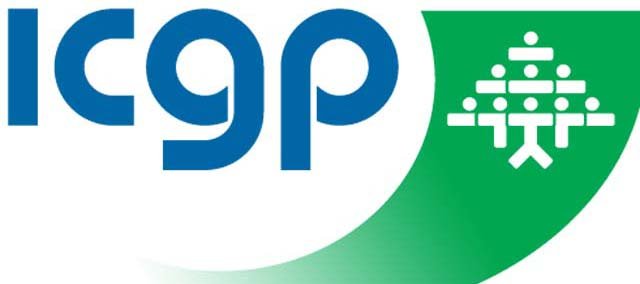An ICGP survey of GP trainees and recent graduates (2014-2018) has found that while 35 per cent of GPs trainees are considering emigration, the numbers of GPs working abroad has fallen below 10 per cent.
The main reasons given for emigration among trainees and recent graduates was “quality of life” and “concerns regarding the viability of general practice”.
The survey, carried out in March, also found that the administrative workload of GPs is now at an average of three hours a day.
According to the data, less than 2 per cent of recent graduates or trainees want to work in a single-handed practice.
“This survey gives us a valuable insight into how younger GPs and trainees want to work in future, and shows real concerns about administrative workload,” said Dr Tony Cox, Medical Director of the ICGP.
According to the survey report, increased funding announced earlier this year and the acknowledgement by Minister for Health Simon Harris that GPs have been under pressure to maintain services in the face of “increasing demand and stretched resources” is envisaged to have a positive impact on emigration trends.
The GP contract revisions, announced in May 2019, were not in place at the time the survey was undertaken but it is hoped this will contribute to continued improvement in the pattern of GP emigration for recent graduates seen in this survey. Emigration increased from 16.9 per cent in 2014 to 18.1 per cent in 2017 but has decreased to 9.7 per cent in the 2019 survey.
In its pre-budget submission for 2020, published today, the College has called for a new Working Group on Future General Practice, to plan the expansion of general practice, the retirements of over 700 GPs, and to work in co-operation with Sláintecare on the future policy direction of general practice.
“Major decisions on future health provision, such as the expansion of free GP care or the restructuring of Hospital Groups and the positioning of community groups, for example, must include the voice of GPs,” Dr Cox said.
“The HSE has predicted a shortage of 2,000 GPs by 2025, and we do not have enough GPs to meet demand. The College has increased the number of trainees from 150 in 2015 to 193 in 2019. We need to train 300 per year, but we need to transfer the management of training from the HSE to the College as a matter of urgency if we are to succeed with this expansion,” Dr Cox added.
The College has also recommended immediate expansion of access to diagnostic services for GPs; expanding the number of practice nurses from 1,800 to 4,000; increasing the number of community-based allied health professionals to meet the growing demand for mental health services; and promoting healthy behaviour though enhanced secondary education programmes, especially in relation to sedentary lifestyles.
The pre-Budget submission can be downloaded at http://bit.ly/2kwdUhQ and the careers survey at http://bit.ly/













Leave a Reply
You must be logged in to post a comment.